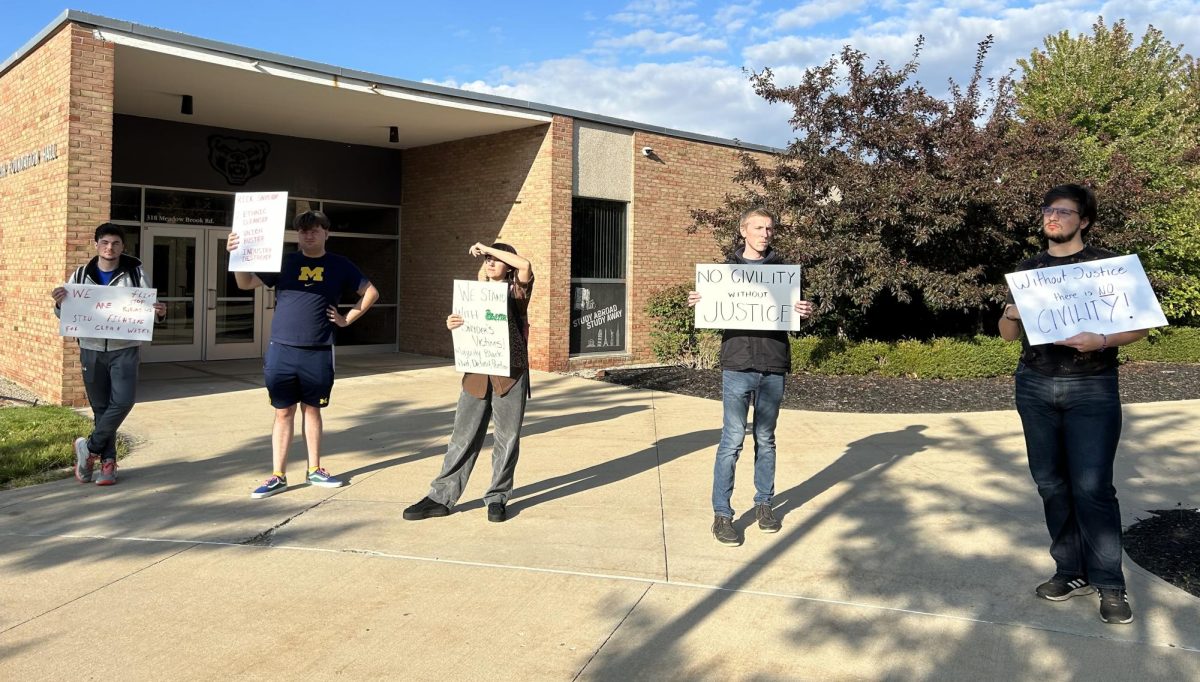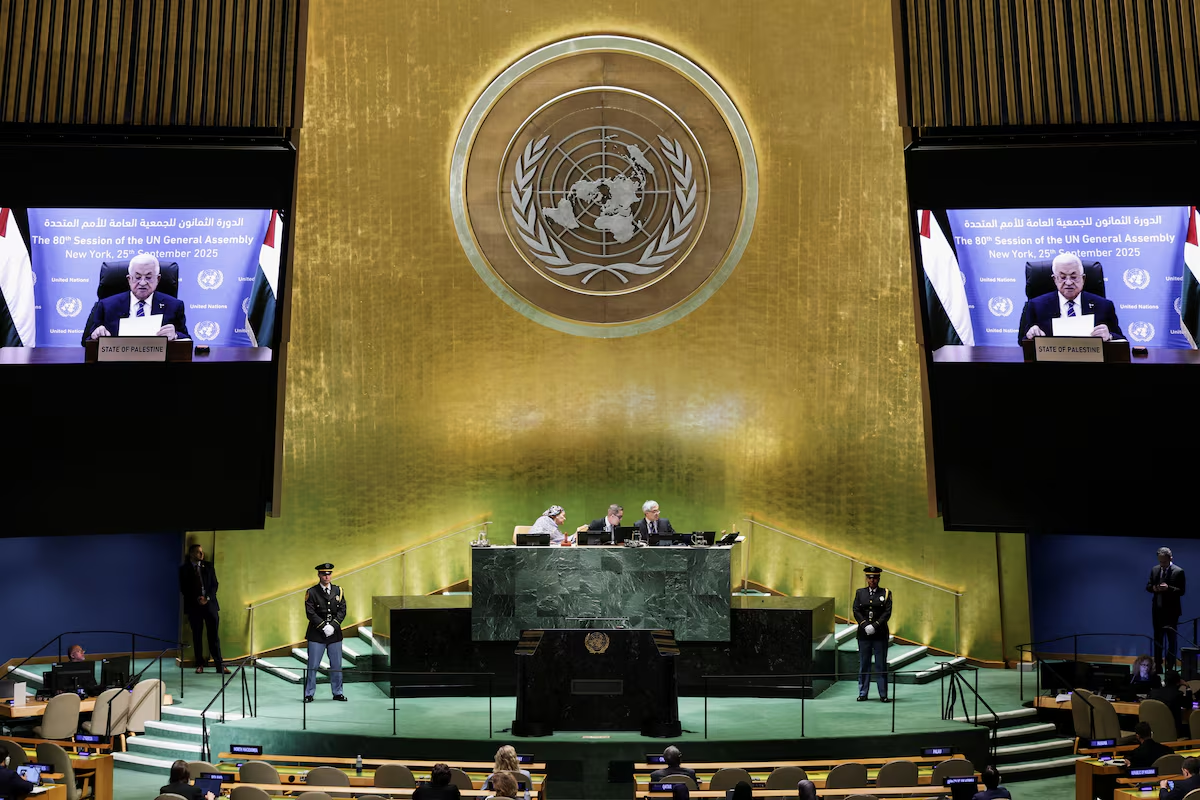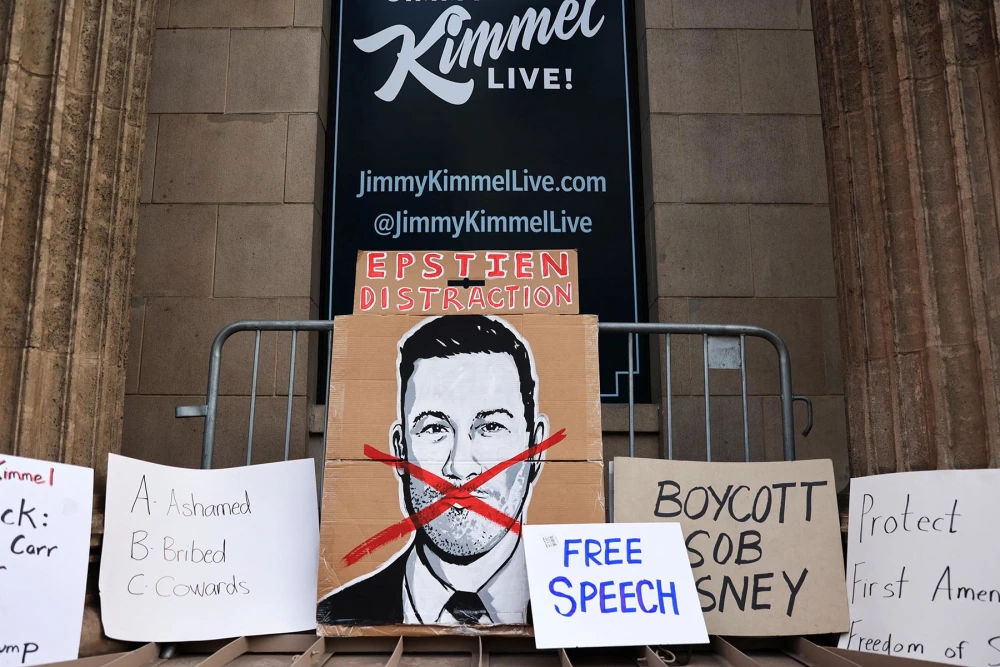On Sept. 18, a teach-in called “Why Justice is More Important than Civility” was hosted by the Oakland University Community Concerned about Civility and Justice. The event was organized in response to “Breaking the Barrier: The Importance of Civility and Improving Political Discourse,” a panel discussion hosted by the OU Center for Civic Engagement featuring former Michigan Governors James Blanchard and Rick Synder.
One of the main points of contention was because the event promoting civility in politics hosted former Republican Governor Snyder, who had negatively impacted the lives of many Michiganders with his subpar response to the Flint water crisis. The teach-in provided an opportunity for victims of Snyder’s actions to let their voices be heard.
The main focus of Snyder’s actions centered around emergency managers created under the Snyder administration by Act 436. These emergency managers were tasked with managing the finances of cities in debt.
While some cities did run a deficit during this time, it was partly because of the way city taxes were collected. Some cities received large lump sums once or twice a year instead of a reliable stream of income.
It seems the emergency managers were sent to fix a problem somewhat overblown. However, the unempathetic and racially biased way the emergency managers interacted with communities caused immense harm to many citizens.
“Putting emergency management in cities eliminated democracy at the local level by replacing locally elected officials with an emergency manager who was accountable only to Snyder, essentially a dictator,” Dr. Rebecca Cheezum said.
The Act 436 law was repealed in 2012 — however, an almost identical law was put in its place that was made to be “referendum proof,” according to the Michigan ACLU.
This destruction of democracy in cities was not the only harm done by Snyder or the emergency managers, according to the OU Community Concerned about Civility and Justice.
“[Synder and the emergency managers were responsible for] asset stripping, the undermining of public education, attenuation of public services and youth recreation facilities, mass water shut-offs in Detroit and city-wide lead poisoning in Flint,” Dr. Alan Epstein said.
The selling of city assets would be done with the official intention of making up for the debt and deficit of the cities but had the unintended effect of hurting the property values of the people in these cities even further. This damage to property values was especially apparent in Flint, where major amounts of lead poisoning happened due to emergency manager involvement, switching the water the city used from the Detroit River to the more chemically toxic Flint River, corroding the lead pipes in the city.
Flint residents came to the event to speak about how harmful Synder’s emergency managers were to the city.
Bishop Bernadel Jefferson — a Flint resident — discussed how Flint children were poisoned by the contaminated water. The water poisoning resulted in significant learning disabilities that affected the lives of many individuals.
Jefferson says the state and emergency managers were aware of some of the harm the new water source was causing. However, instead of letting Flint residents return to the Detroit River water source, the government only let major corporations switch back.
A focus of the teach-in’s talk on emergency managers was the way the appointment of them was racially biased, as the cities that had them put in place accounted for around 50% of people of color in Michigan. This was important due to the undemocratic nature of the emergency managers who replaced locally elected officials, meaning 50% of people of color in Michigan had their right to democracy overwritten.
Other issues were discussed, such as Snyder’s decision to keep the Enbridge Line 5 pipeline open despite its age and risk of breaking, which could lead to a severe oil spill in the Great Lakes.
The concern about a massive breakage in the pipeline has been heightened by its history of oil spills.
There was particular anger over Snyder’s decision not to shut down the Enbridge Line 5 pipeline as the Pipeline Safety Advisory Board recommended he do so. This advisory board was created under his administration through executive order, so the decision to go against their advice led some to feel Snyder was kicking the issue down the road rather than addressing it.
The civility in politics panel was harshly criticized by those who organized the teach-in.
“When these systems harm people who are systematical excluded from power and the oppressed complain, they are often ignored,” Dr. Rebecca Cheezum said. “When they become frustrated and get loud or use civil disobedience techniques or disruptive protest techniques, they are told they are not practicing civility.”
Because of the harm caused by Synder during his time as governor, many felt it was wrong to give such a platform to him without providing representation for the people his actions victimized.
“The only way the panel could have been remotely acceptable as an effort regarding civility is if trusted community members and activist representatives of the people who suffered the effects of Snyder’s policies were invited to be at the table and given freedom to talk. Anything less is sheer insult and travesty,” Dr. James Perkinson said.













